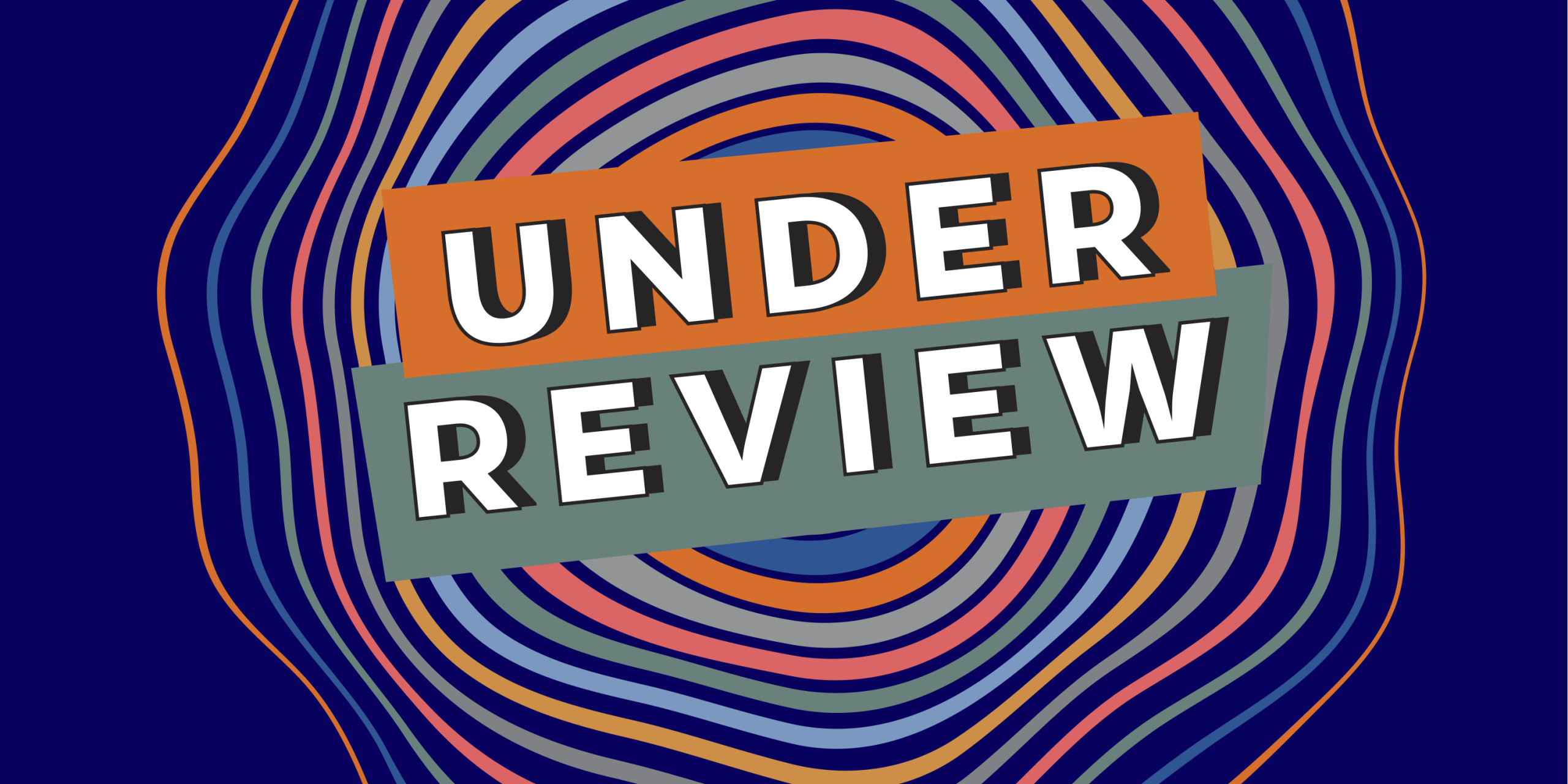Under Review is a podcast hosted by June Ke and Lauren Burrell Cox, two PhD students who ask questions about humanities graduate education. In the first episode, we spoke with Dr. Rachel Arteaga, Assistant Director of the Simpson Center for the Humanities at the University of Washington, and co-author of ‘We All Have Levers We Can Pull’: Reforming Graduate Education.” We spoke about what we can learn from community colleges, the “prestige economy” of higher ed, resistance to alt-ac career paths, and what can be done to reform graduate education today. Contact us at humanitiesunderreview@gmail.com.
This podcast is supported by The University of California Humanities Research Institute and The University of Florida Center for the Humanities and the Public Sphere.
Episode Resources
- Rachel Arteaga, Brian DeGrazia, Jimmy Hamill, Stacy M. Hartman, Stephanie Malak, Ashley Cheyemi McNeil, Katina Rogers, Beth Seltzer, “‘We All Have Levers We Can Pull’: Reforming Graduate Education”
- Veronica Barrera-Kolb, “From Exclusion to Access: Disrupting the Academic Prestige Economy”
- Miriam Bartha, “Serious Work: Public Engagement and the Humanities”
- Consortium of Humanities Centers and Institutes
- Annie Dwyer, “The Humanities Doctoral Student in the Community”
- Kathleen Fitzpatrick, Generous Thinking: A Radical Approach to Saving the University
- Humanists@Work, Stories from the Field: A University of California Data Project
- Patricia A. Matthew (editor), Written and Unwritten: Diversity and the Hidden Truths of Tenure
- Bethany Nowviskie, “two & a half cheers for the lunaticks,” and “toward a new deal”
Episode Takeaways
On Prestige:
- “We really wanted to go with that idea of prestige being an issue and being potentially broken as a model for how we think about what is good and what is less good in terms of our work and our scholarship, and what gets rewarded and what gets recognized.”
- “By the time you get to the place where prestige exists, you’ve already excluded so many people, because you have not had a door open to them for the whole process that brought you there. Right? So we want to question those processes a little bit and say, can we think more like our community college faculty colleagues, when we think about what’s valuable? And when we think about the skills and talents and abilities of people around us?”
On Reforming Graduate Education:
- “Doctoral programs should be more student-centered than they are. I think that that means you would have really authentic conversations with graduate students about what their ambitions are, and what they want to do, and know that that can change over time. Julia Kent at the Council of Graduate Schools has done phenomenal research on this through surveys, multi-year surveys, about what graduate students in the humanities want to do when they go on and complete their PhD. And early in the programs, they almost all say they want to be professors, they want to do a tenure-track professor role, right? But by the end, that has shifted significantly. So good advising would include a sense of time around this and a sense of change, right that students’ ambitions can change.”
- “Encourage collaborative work. In a graduate seminar, it’s an assignment. It could be something that you move toward publication, you could think about departmental websites as spaces where students could co-author blog posts about relevant topics.”
- “More explicit career diversity preparation integrated into the programs from the very beginning. I think it should be addressed right away, I don’t think there should be any shame around it. And I think that it should be undertaken, ideally as a joint exploration among faculty and doctoral students all the time, because the world is changing and shifting, new careers are emerging. What can our students go and do in the world that will make a serious contribution?”
Advice for Graduate Students:
- “Go where your contributions will be most deeply felt and valued. This is the kind of motto that I invented in graduate school to get through to wherever it was that I was going to be doing, because I certainly could not see it in advance. And most people who are narrating careers will narrate it backwards to tell you the same thing. They didn’t know where it would lead. You go from project to project and you do what interests you, and you do what you care about and value, and you will find your place.”
- “Students should really be thinking about the potential costs of graduate education to their lives, and what they are willing and what they are not willing to give up. I recommend actually making a list of things you’re not willing to give up and writing that down. Because there’ll be moments. And sometimes it’s quite incremental. So you might not see the exact moment at which point your marriage might fail, right, but you could maybe see it coming if you wrote it down…You have a better chance of seeing it coming and making choices around your priorities, because no one else is prioritizing your life for you, you’re doing that.”
- “You can look at job ads as opportunities for informational interviews. I think that every single grad student in the humanities should be doing an informational interview, once a month, from the very first day of the program, all the way to the end. And probably after that, because you need to build a network.”






